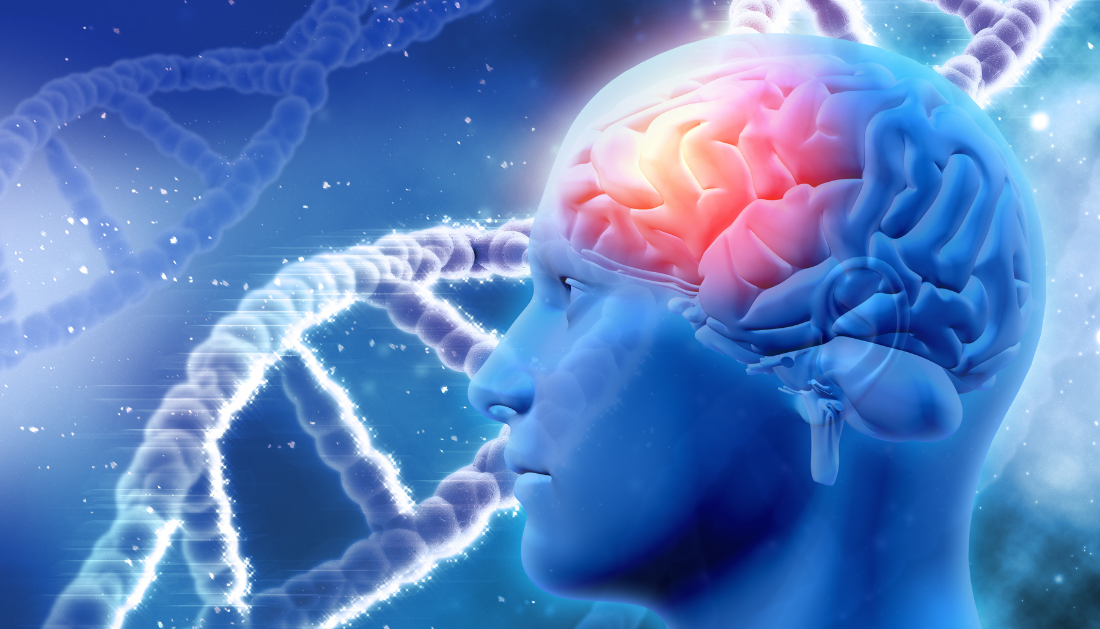

Daniel Drucker, senior investigator at Sinai Health’s Lunenfeld-Tanenbaum Research Institute and University Professor in the department of medicine at the University of Toronto’s Temerty Faculty of Medicine, led a research team that discovered a gut-brain-immune network that controls inflammation throughout the body and affects organ health. The findings, published in Cell Metabolism, focus on the effects of glucagon-like peptide-1 (GLP-1) receptor agonists, or activators, which are used to treat Type 2 diabetes and have recently been shown to be highly beneficial for weight loss.
“One of the most intriguing aspects of glucagon-like peptide-1 drugs is that, in addition to controlling blood sugar and body weight, they appear to reduce the complications of chronic metabolic disease,” said Drucker, who holds the BBDC-Novo Nordisk Chair in Incretin Biology.
“We know from clinical studies that GLP-1 does all this amazing stuff in people, but we don’t fully know how it works,” Drucker said.
Drucker’s team investigated how GLP-1 medicines reduce inflammation, which is widespread in chronic metabolic illnesses, to help answer this question. Inflammation occurs when the immune system recognizes and destroys invading agents like viruses and bacteria while also promoting healing. However, in chronic form, it can persist without an external trigger and cause organ damage.
Many scientists hypothesized that GLP-1 medications reduce inflammation by interacting with GLP-1 receptors on immune cells. This is true in the gut, where GLP-1 activates a high number of immune cells. However, the amount of immune cells expressing GLP-1 receptors is minimal in other organs, implying that another mechanism is at work.
“The strange thing is that you can’t find many glucagon-like peptide-1 receptors in all these other organs where GLP-1 seems to work,” said Drucker, whose previous research demonstrated how the GLP-1 gut hormone works at the molecular level and paved the way for several diabetes and weight-loss drugs, such as Ozempic and Wegovy.
Drucker and his colleagues suspected the brain was involved for two reasons: glucagon-like peptide-1 receptors are numerous there, and the brain and immune system connect with all organs.
Chi Kin Wong, the study’s first author and a postdoctoral scientist in the Drucker lab, induced systemic inflammation in mice by injecting them with a bacterial cell wall component or a bacterial slur to induce sepsis — a widespread inflammation that causes organ damage.
Surprisingly, GLP-1 agonists decreased inflammation only when their brain receptors were not inhibited. In mice, the medicines’ capacity to reduce inflammation was lost when these brain receptors were pharmacologically blocked or genetically deleted.
According to Drucker, the data demonstrated for the first time that there is a GLP-1-brain-immune axis that controls inflammation throughout the body independently of weight reduction, even in peripheral organs devoid of GLP-1 receptors.
Drucker has garnered some of the world’s most prestigious life science prizes for his several GLP-1 discoveries, including the 2023 VinFuture Emerging Innovation Prize and the 2023 Wolf Prize in Medicine. Furthermore, glucagon-like peptide-1 -based diabetes medications developed by Drucker were selected 2023 Breakthrough of the Year by the magazine Science.
“While the scientific community rightfully celebrates GLP-1 agonists and their impact, many unknowns remain,” said Anne-Claude Gingras, director of the Lunenfeld-Tanenbaum Research Institute, vice-president of research at Sinai Health, and professor in the department of molecular genetics at Temerty. “Dr. Drucker and his team have remained tenacious in their efforts to unpack how these drugs work, and this study deepens our understanding of metabolism and the complex brain-immune network that regulates it.”
Drucker’s group is currently attempting to identify the brain cells that interact with GLP-1. They are also investigating whether the positive benefits of GLP-1 are mediated through the brain using animal models of heart disease, atherosclerosis, and liver and kidney inflammation.
Understanding how GLP-1 reduces inflammation, according to Drucker, may offer up new possibilities for lowering the difficulties linked with Type 2 diabetes and obesity.
He went on to say that GLP-1 biology being named Science’s Breakthrough of the Year in 2023 “highlights the expanding clinical impact of GLP-1, as well as the tremendous potential for basic scientific discovery to continuously improve human health.”
more recommended stories
 CTNNB1 Syndrome Study Explores Beta-Catenin Defects
CTNNB1 Syndrome Study Explores Beta-Catenin DefectsKey Takeaways Researchers in Spain are.
 Tuberculosis Breakthrough with Experimental Antibiotics
Tuberculosis Breakthrough with Experimental AntibioticsKey Takeaways Experimental antibiotics disrupt a.
 National Healthy Longevity Trial Receives Federal Support
National Healthy Longevity Trial Receives Federal SupportKey Summary Up to $38 million.
 Red Blood Cells Improve Glucose Tolerance Under Hypoxia
Red Blood Cells Improve Glucose Tolerance Under HypoxiaKey Takeaways for Clinicians Chronic hypoxia.
 Nanoplastics in Brain Tissue and Neurological Risk
Nanoplastics in Brain Tissue and Neurological RiskKey Takeaways for HCPs Nanoplastics are.
 AI Predicts Chronic GVHD Risk After Stem Cell Transplant
AI Predicts Chronic GVHD Risk After Stem Cell TransplantKey Takeaways A new AI-driven tool,.
 Red Meat Consumption Linked to Higher Diabetes Odds
Red Meat Consumption Linked to Higher Diabetes OddsKey Takeaways Higher intake of total,.
 Pediatric Crohn’s Disease Microbial Signature Identified
Pediatric Crohn’s Disease Microbial Signature IdentifiedKey Points at a Glance NYU.
 Nanovaccine Design Boosts Immune Attack on HPV Tumors
Nanovaccine Design Boosts Immune Attack on HPV TumorsKey Highlights Reconfiguring peptide orientation significantly.
 High-Fat Diets Cause Damage to Metabolic Health
High-Fat Diets Cause Damage to Metabolic HealthKey Points Takeaways High-fat and ketogenic.

Leave a Comment